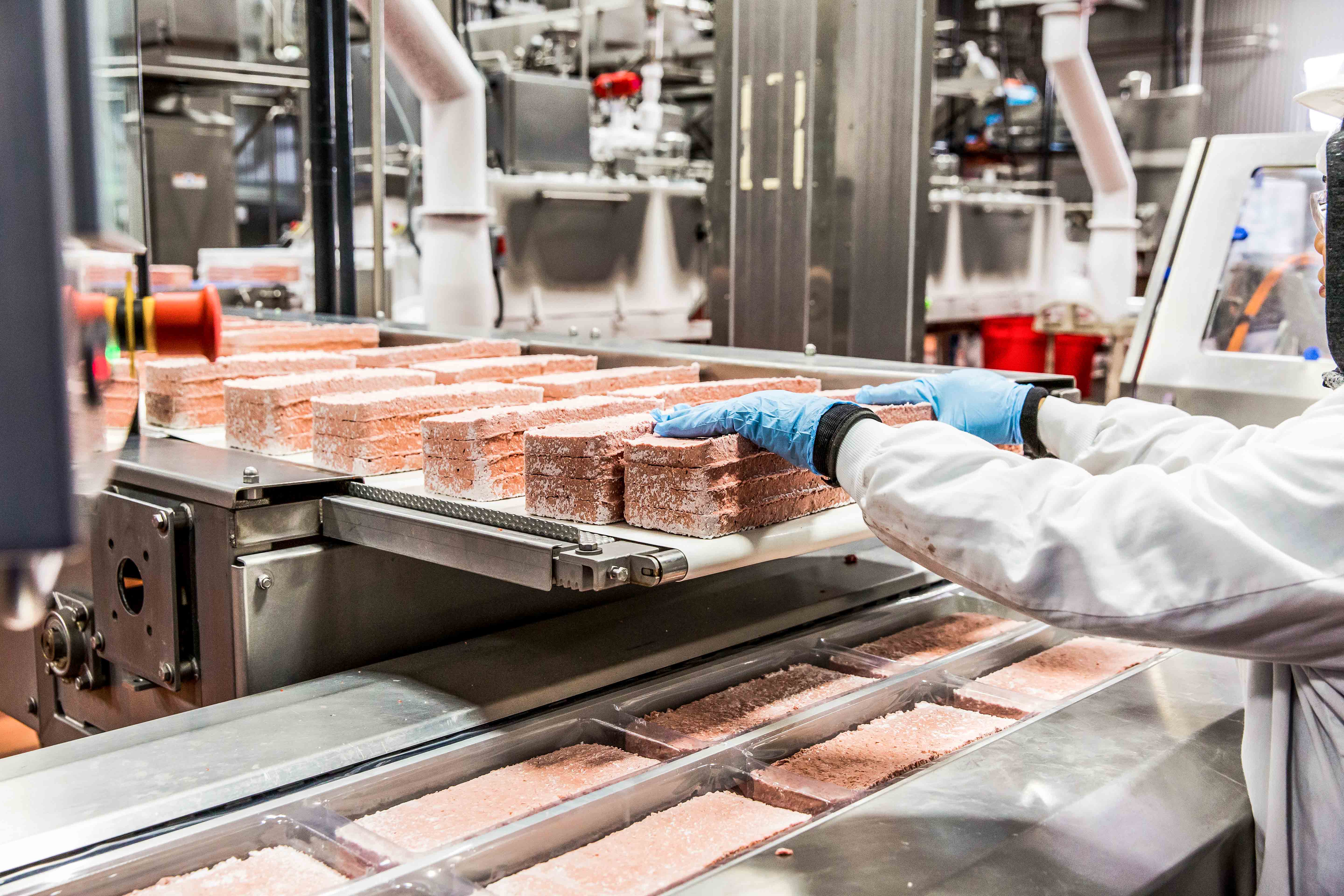More and more information is coming to light about the impact eating meat has on the planet and just how much we need to reduce it. A 2018 study published in the journal Science showed that farming livestock provides only 18% of calories and 37% of protein, while using the vast majority – 83% – of farmland and producing 60% of agriculture’s greenhouse gas emissions. The report’s author advised that shifting to a vegan diet is probably the single biggest way for individuals to reduce their impact on planet Earth. New UN recommendations, which called for the limitation of red meat consumption to 14g a day in a bid to reduce global warming, back him up. And that’s not to mention consumers’ growing concern with animal welfare. It’s little wonder that some of the world’s most influential investors – from Bill Gates to Richard Branson – have decided to bet big on meat alternatives, which have the potential to provide us with the protein we need, minus the ethical and environmental issues. “In 30 years or so, I believe we will look back and be shocked at what was the accepted way we killed animals en masse for food,” Richard Branson wrote in a blog post 2018. “I think that in the future clean and plant-based meat will become the norm, and in 30 years it is unlikely animals will need to be killed for food anymore. ”

Image: Impossible Foods
Scaling up: plant-based burger production
There are currently three main methods of producing alternative proteins: synthesised meat produced from plant-based proteins, such as the Beyond Burger and the Impossible Burger, cultured meat using stem cell technology grown in a lab, which is being developed by companies including Branson-backed Memphis Meats; and novel alternatives like insects and algae, which can be dried and processed to produce high-protein ingredients. None of these products have reached large scale production yet, but plant-based burgers are well on their way. For example, since it launched in 2016, Beyond Burgers has sold more than 25 million of its pea protein-based patties, and, thanks to significant investment from the likes of Tyson Foods and Google Ventures, the company plans to scale up fast, initially by tripling capacity. A report by trade body Beef + Lamb New Zealand predicts that the plant-based burgers already on the market will reach large-scale production within three to five years.

Image: Impossible Foods
Big money rolling in
While their lab-grown counterparts are a few years behind – with large-scale distribution expected within five to ten years – costs are already falling dramatically. In 2017, Memphis Meats’ production costs decreased by 86% and the company aims to launch a commercial product by 2021. And when it comes to insects, they may still be something of a novelty for diners, but sustainability researchers, celebrities and even a handful of big-name chefs – most notably Rene Redzepi, creator of Michelin-starred Noma in Copenhagen – are working hard to raise their profile. In addition, insect-focused start-ups from cricket bar company Exo to the Ynsect insect farm in France are bringing in millions of dollars in funding. For Redzepi, insects’ greatest value is “as a provocation to mindful eating – they force us to consider what we do eat, what we don’t, and why.” Plant-based, lab-grown and insect protein may still be at the fringe of the protein market at present, but, with big money rolling in, all signs currently point to them staying the course.
Anyone for crickets?












